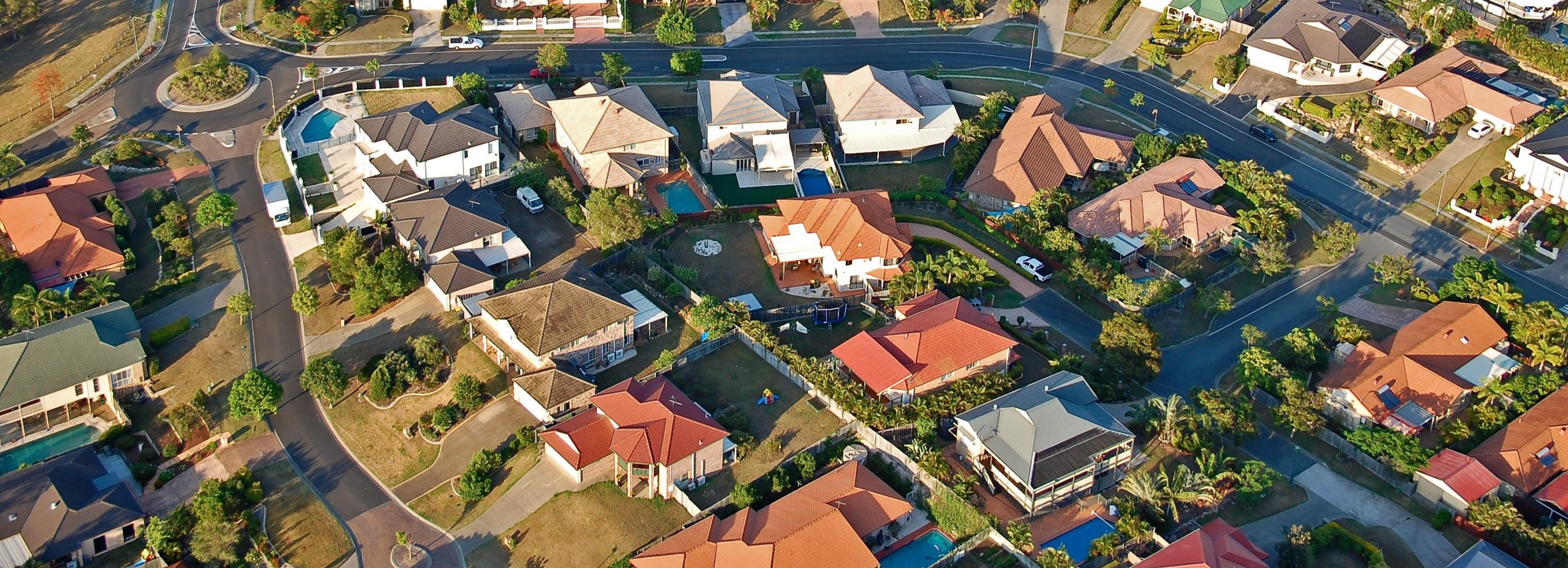Management Rights Businesses in New Zealand are a unique business model which are not always fully understood or appreciated. In this article, commercial property law partner, Chad Danswan, takes a look at what a Management Rights Business is and provides his insights into what should be considered when selling and purchasing such businesses based upon his own commercial and legal experience.
Private Development Agreements
Wanting to develop but there doesn’t seem to be infrastructure available? A development agreement is a useful tool to assist in timeframes and obligations between development and the local authority.

A Private Development Agreement (PDA) is an agreement between a developer (or landowner) and a local authority. These are generally used when there is a gap in infrastructure that is needed for development. Harkness Henry has acted for developers and local authorities entering into these agreements.
The agreements themselves generally arise during the resource management process for large scale subdivisions with a focus on property and infrastructure issues.
The foundation for PDA’s can be found in the Local Government Act 2002 (LGA). A PDA can be entered into on the request of the developer or the local authority and the request must be in writing.
While resource consent conditions cannot generally require any action from a third party (for example a neighbour or investor), a consent condition can require compliance with the terms in a PDA. A resource consent condition may say:
A Private Developer Agreement (or similar agreement) shall be entered into between Council and the consent holder prior to the activities authorised under this consent being undertaken. The Private Developer Agreement will address the following:…
Such a condition must be offered up by the consent holder – it cannot be a condition solely imposed by the local authority and must be agreed by both parties.
Contents of a PDA
The LGA outlines what is required in a PDA; the contents must include:
- The legal names of all parties;
- A detailed description of the land to which the agreement will relate, including its legal description;
- Details of the infrastructure (if any) that each party to the agreement will provide or pay for;
- A description of the development to which the agreement will relate;
- When the infrastructure will be provided, including whether the infrastructure will be provided in stages;
- Who will own, operate, and maintain the infrastructure being provided;
- The timing and arrangements of any vesting of infrastructure;
- The mechanism for the resolution of disputes under the agreement;
- The arrangements for, and timing of, any transfer of land between the territorial authority and the developer;
- The nature, amount, and timing of any monetary payments to be made between the parties to the agreement:
- The enforcement of the development agreement by a suitable means in the event of a breach
While PDAs must contain the above information, other information related to the development is usually included. Development Contributions may also be addressed in PDAs.
PDAs can take time to negotiate and can be complex. We recommend that the parties start the process early in the development (preferably before applying for resource consent).
The property and resource management teams at Harkness Henry can assist with negotiating, drafting and reviewing PDAs.
This article is current as at the date of publication and is only intended to provide general comments about the law. Harkness Henry accepts no responsibility for reliance by any person or organisation on the content of the article. Please contact the author of the article if you require specific advice about how the law applies to you.
For further information



